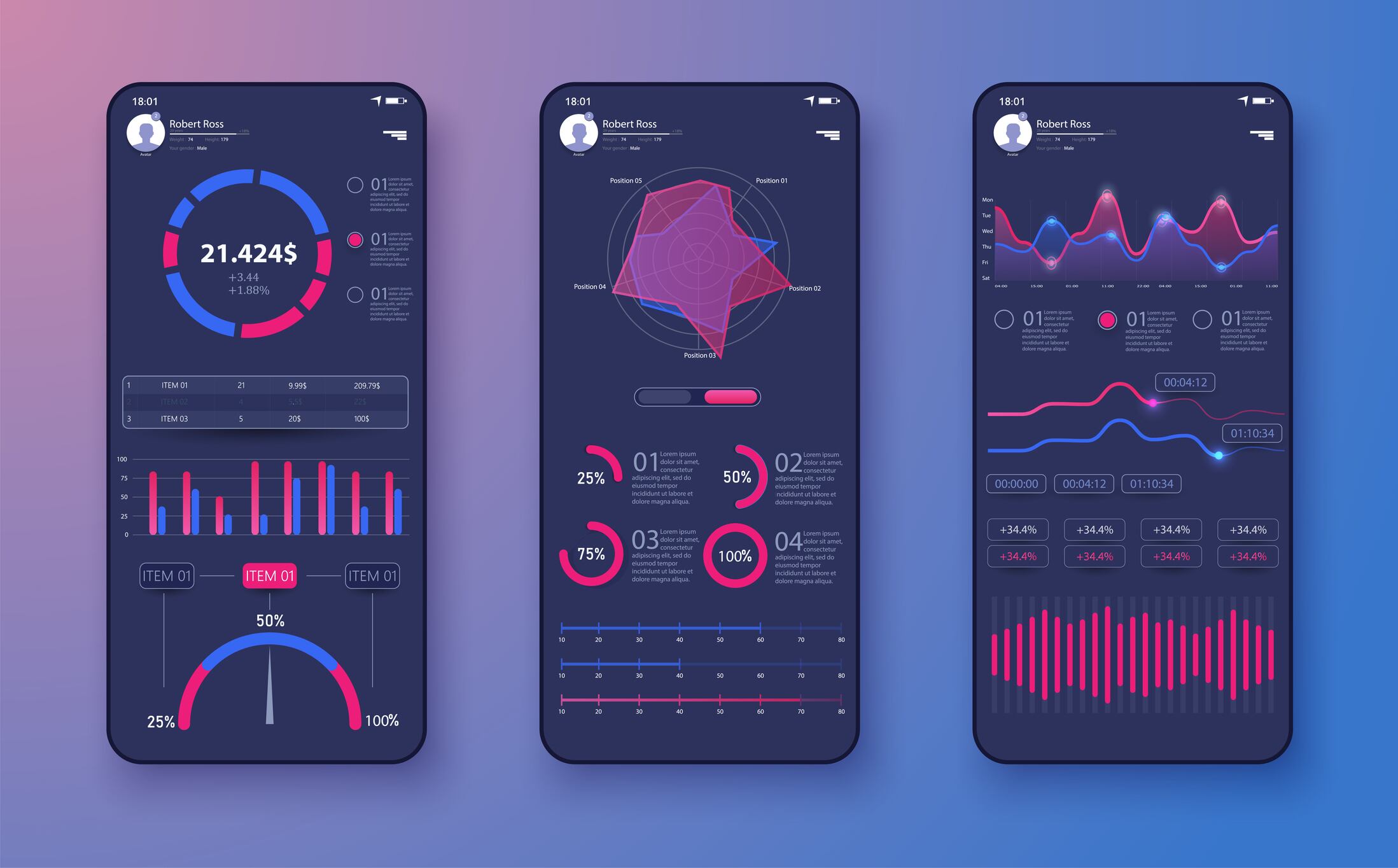From personalized supplements powered by artificial intelligence (AI) to the rise of digital health trackers, technology’s influence on nutrition, wellness and overall health is undeniable. However, as these innovations shape the future, industry experts say they should be approached with both excitement and caution.
Whether through AI, digital tracking tools or social media platforms, navigating the future of nutrition requires careful thought and a commitment to transparency.
The reality of AI-washing in nutrition
AI is widely hailed as the future of personalized nutrition, offering everything from dietary recommendations based on genetic data to tailored supplements. However, as AI becomes more integrated into the industry, an alarming trend of AI-washing is emerging—the overstated use of AI, which can create misleading promises that could jeopardize consumer trust and safety.
The EU AI Act, which mandates transparency and accountability, is a crucial step in protecting consumers as AI tools become more prevalent. As food safety expert Luca Bucchini explains, for companies eager to harness AI’s potential, it is vital to ensure its application is meaningful, accurate and ethically sound.
AI-personalized beauty supplements
AI continues to be applied in innovative ways, such as in Dr. Simon Ourian’s launch of Daily Ritual—an AI-powered line of personalized wellness supplements.
Combining dermatology with nutrition, these supplements are designed to target energy, mood, gut health and vitality.
AI-guided personalized nutrition for the aging brain
AI’s potential extends to cognitive health, as shown by promising results from a recent study that explored the use of AI-powered apps to guide older adults on personalized nutrition and cognitive training, yielding positive initial outcomes in cognitive function.
Social media’s influence on nutrition awareness and misinformation
Not all digital trends in nutrition are as optimistic. The rise of social media platforms, particularly TikTok and Instagram, has drastically altered how nutrition information spreads. While these platforms offer a wealth of information, they also present risks, with misinformation spreading faster than verified advice.
Articles addressing TikTok’s impact on nutrition awareness and Instagram influencers' often misleading supplement advice highlight the dangers consumers face.
With platforms prioritizing sensationalism over scientific rigor, cultivating media literacy and ensuring influencers and brands adhere to responsible practices has become more crucial than ever.
How technology is shaping consumer nutrition choices
As health and fitness apps gain popularity, consumer behavior is increasingly driven by real-time data and personalized recommendations. From supplements to fitness trackers, technology plays a pivotal role in shaping modern consumers' nutrition choices.
According to exclusive Lumina Intelligence data, 54% of Europeans now use health or fitness tracking apps, with the success of these tools depending on trust and accuracy. The growing trend underscores the importance of maintaining clear, evidence-based guidance to ensure consumers make informed decisions.
The Gut Stuff app is revolutionizing how people approach gut health through interactive, gamified experiences. This trend of using technology to make health optimization fun and engaging could significantly improve consumer engagement with nutrition and wellness tools. It is one of the reasons co-founder Alana Macfarlane says “health hacking is here to stay.”
The future of microbiome health
As more people turn to probiotics, prebiotics and other biotics to optimize their health, there is an increasing need for education surrounding benefits and limitations, and new research suggests that biotics may not only improve gut health but could also play a role in extending healthy aging.
Innovations in personalized microbiome care, including digital solutions like Ani Biome’s AI-driven tools, demonstrate that data and technology will continue to drive progress in this field.
The continuous glucose monitoring (CGM) debate
Once a niche tool, continuous glucose monitors (CGMs) are gaining mainstream attention for their potential to optimize health beyond diabetes management. However, experts warn against over-personalization and unnecessary tracking, which can lead to anxiety or disordered behaviors.
As CGMs become more accessible, balancing their use with appropriate guidance will be key to maximizing benefits without causing harm.


